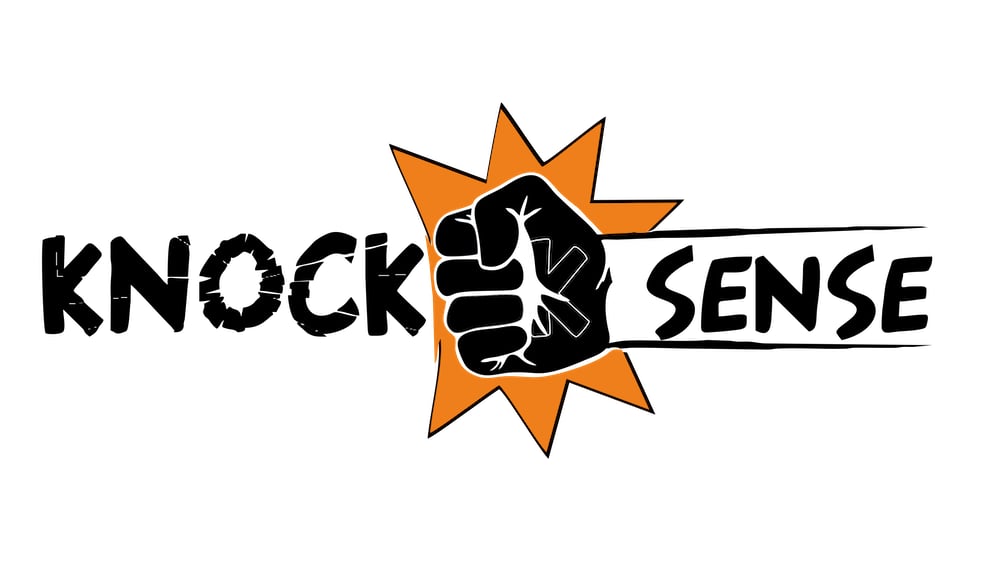Skibidi, Ohio, Delulu: Cambridge Dictionary adds over 6,000 new words
It began, as so many things do now, with a meme.
A grotesque head rose from a toilet bowl, chanting a gibberish refrain that spread across the internet like loose glitter. “Skibidi Toilet” was never meant to be Shakespeare. And yet, in 2025, the word "skibidi" sits alongside "solitude" and "sublime" in the hallowed halls of the Cambridge Dictionary.
This year, Cambridge University Press announced the addition of more than 6,000 new entries to its online dictionary, many of them borrowed straight from Instagram, TikTok and Gen Alpha slang. Words like lewk, skibidi, delulu, and tradwife now have formal definitions, standing shoulder to shoulder with centuries-old mainstays of the English canon. Other newcomers include mouse jiggler, a pandemic-born means to feign productivity, work spouse, denoting deep office friendships, and broligarchy, a pointed jab at the tech elite.
For some, this is a tragedy; for others, a triumph. For all, it is a reminder that language, the last remaining mirror of our collective human story, is being rewritten in real time.
But this is not even the first linguistic curveball of the year!
Only a few months ago, Cambridge University Press acknowledged the AI-born term slop. Once used to mean leftover food waste, slop now also refers to “content on the internet that is of very low quality, especially when it is created by artificial intelligence”. In other words, if your feed is drowning in recycled AI memes or half-baked articles, you are wading through "slop".
"Internet culture is changing the English language"
The lexicographers at Cambridge insist that they do not chase fads. Words are only admitted after rigorous evaluation, when evidence suggests that they have staying power. The inclusion of words like tradwife and broligarchy does not necessarily endorse the ideologies they represent. Instead, it documents them.
The decision reflects that a dictionary is not a temple; rather an archive. It is the shadow a culture casts. To deny entries to internet-famous words is to deny the very texture of 21st-century's diverse lifestyles. The role of lexicography is not to resist this tide but to chart it!
“It’s not every day you get to see words like skibidi and delulu make their way into the Cambridge Dictionary. We only add words where we think they'll have staying power. Internet culture is changing the English language and the effect is fascinating to observe and capture in the dictionary”.
Colin McIntosh, Lexical Programme Manager, Cambridge Dictionary
Boundary between lasting language & passing slang
Yet to many purists, the move feels like appeasement. “What the skibidi are you doing?” becomes, for them, a litmus test of generational angst. Dictionaries, once seen as guardians of clarity and tradition, now appear to blur the line between enduring language and fleeting internet slang. Their concern is simple: when a word like delulu is given the same recognition as delirium, are we weakening shared meaning?
The current wave of neologisms does not come from dusty manuscripts or poets’ garrets or even lecture halls. But from algorithmic whirlpools! So this is where irony, absurdity, and virality collide. Delulu. Lewk. Inspo. Words that bloom and wither in cycles shorter than fashion seasons. Critics dismiss them as linguistic 'fast food'; empty calories that weaken the muscles of thought.
“Skibidi brainrot encapsulates a generation fluent in irony but starved for meaning. This kind of hyper-chaotic media serves as both entertainment and an ambient worldview for young men raised online. Their minds normalise prank-as-expression.”
US writer and artist Lee Escobedo wrote in The Guardian
What is lost, what is gained
What may be lost through this effort is not the English language itself; Shakespeare and Shelley will not evaporate because delulu exists but our cultural patience with nuance. Words born in the churn of the internet live fast and die young. The lexicographers’ gamble is that some will survive, like linguistic fossils, to tell the stories of our age.
What is gained is a snapshot of how we live now: our anxieties (forever chemicals), our evasions (mouse jiggler), our digital kinships (work spouse), and our self-deceptions (delulu). The dictionary becomes less an ivory tower, more a cracked mirror held up to a distracted age.
But remember:
It is also crucial to remember that language is not stone; it is water. It flows around obstacles, reshaping itself with every generation. Geoffrey Chaucer's bawdy Middle English was once dismissed as low speech. Shakespeare himself invented more than 1,700 words, many of which (“lonely”, “bedazzled”, “swagger”) were derided by his contemporaries. Today, no one questions their legitimacy; on the contrary, those very words form the bedrock of English.
Responsibility lies with us: the users, the writers, the thinkers
So, is Cambridge right to let internet slang infiltrate its sacred pages? Yes and no! Yes, because language must be documented as it lives, not as we wish it to be. No, because in conferring authority, dictionaries risk confusing fashion for foundation.
The responsibility, then, lies with us; the users, the writers, the thinkers. Recognising Ohio in its meme-born sense is not to confuse it with the state itself! To recognise tradwife is not to endorse its politics.
Final Verdict
Dictionaries are not arbiters of taste; they are time capsules.
If the 21st century is absurd, chaotic, and ironic, then so too will its lexicon be. And perhaps, when some future scholar opens the Cambridge Dictionary of 2025 and finds delulu immortalised, they will not frown but smile. For they will know that once upon a time, a generation starved of meaning tried to make sense of the world the only way it knew how: by naming its chaos, one social media trend and slang, at a time.
To get all the latest content, download our mobile application. Available for both iOS & Android devices.
